This year, amidst the gathering of world’s health leaders at the Seventy-seventh World Health Assembly, Amref Health Africa, in collaboration with esteemed partners, are poised to make a significant impact on the global stage, through a series of dynamic side events.
Our goal is clear: to catalyze substantial change and shape global health policies. Our sessions are designed to address the most urgent health challenges facing Africa, from combating infectious diseases to exploring the nexus of climate change and health and promoting maternal and child health. These discussions are not just conversations; they’re the sparks that will ignite a movement towards a healthier future for all of Africa.
Curious to know more? Check out the highlights of the sessions below.
Get involved in the conversation online using the hashtags #AmrefAtWHA77 and #WHA77, and connect with us at @Amref_Worldwide.
Side-Events
Day One
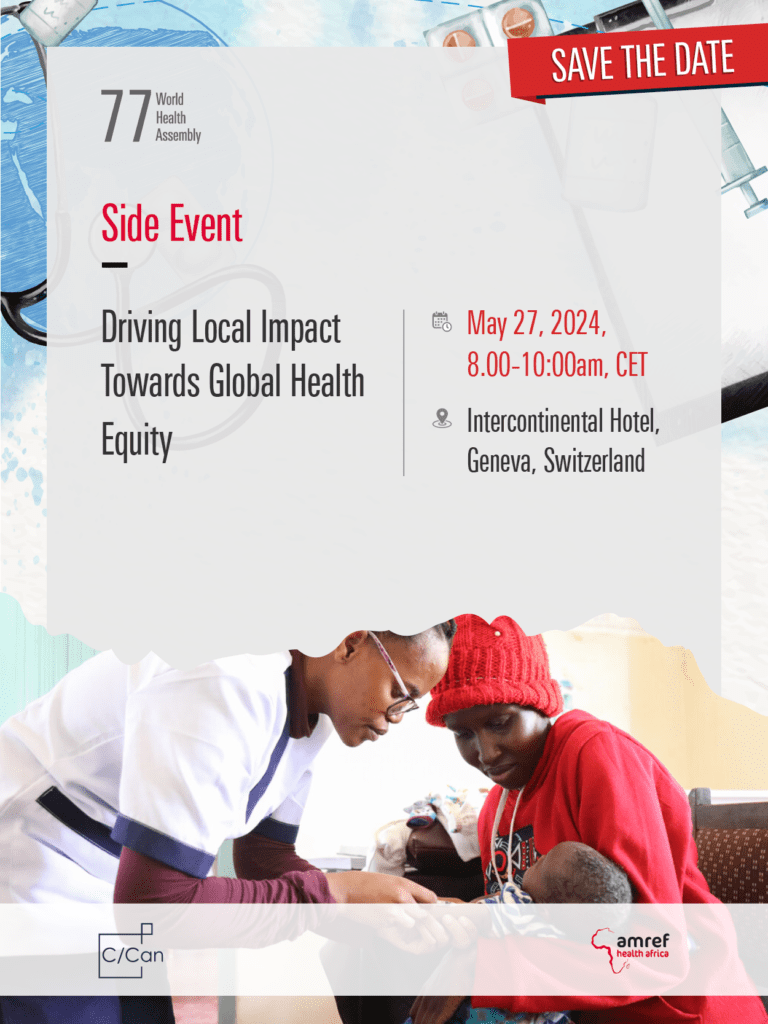
Registration Closed
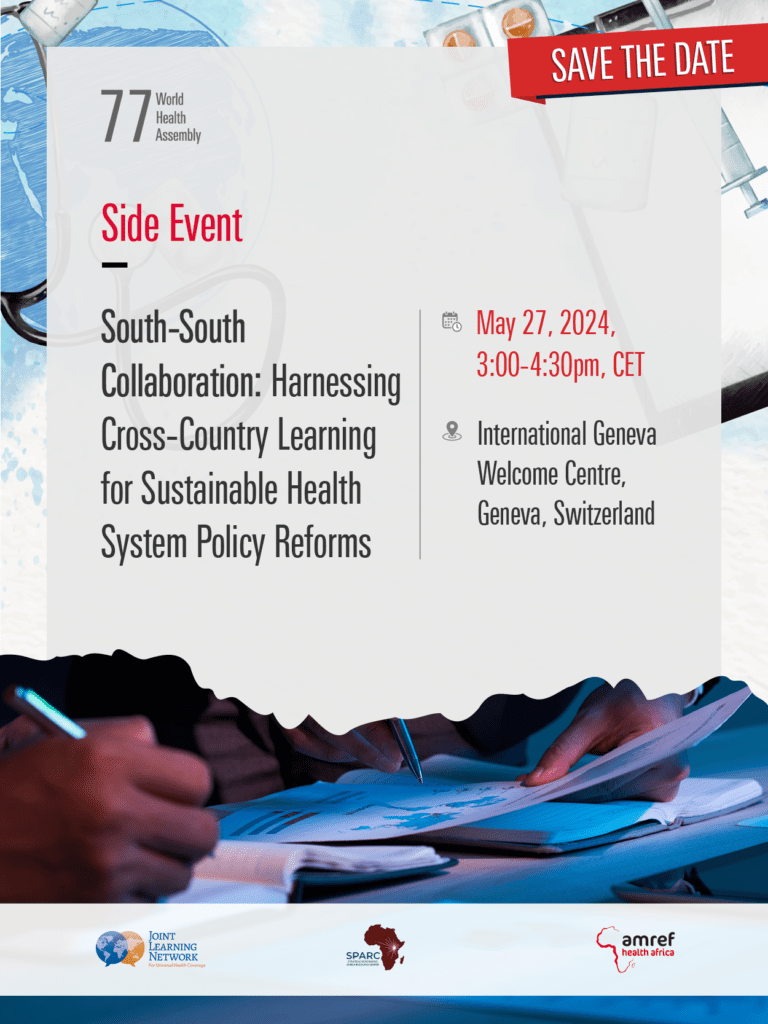
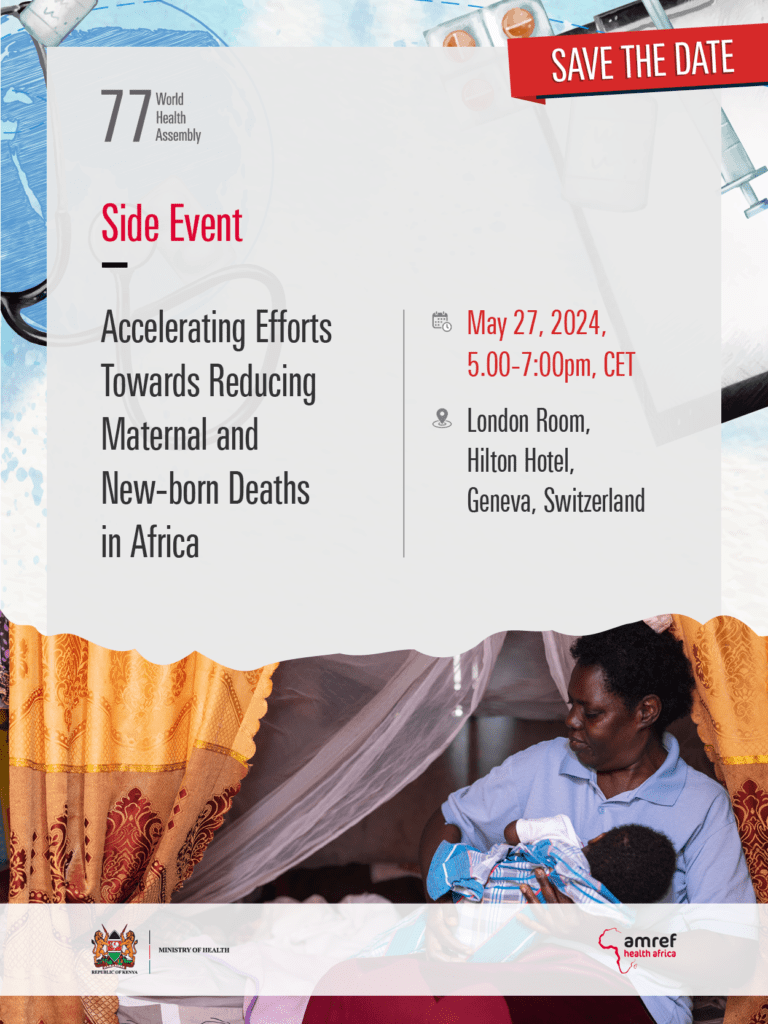
Day Two
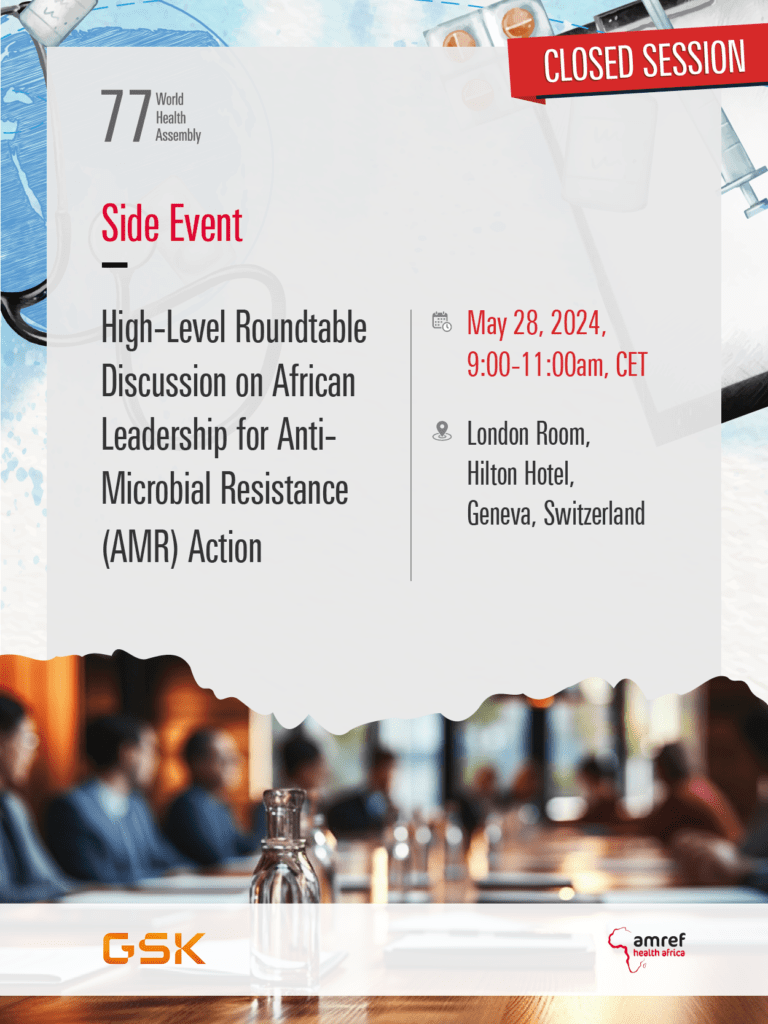
Invites Only
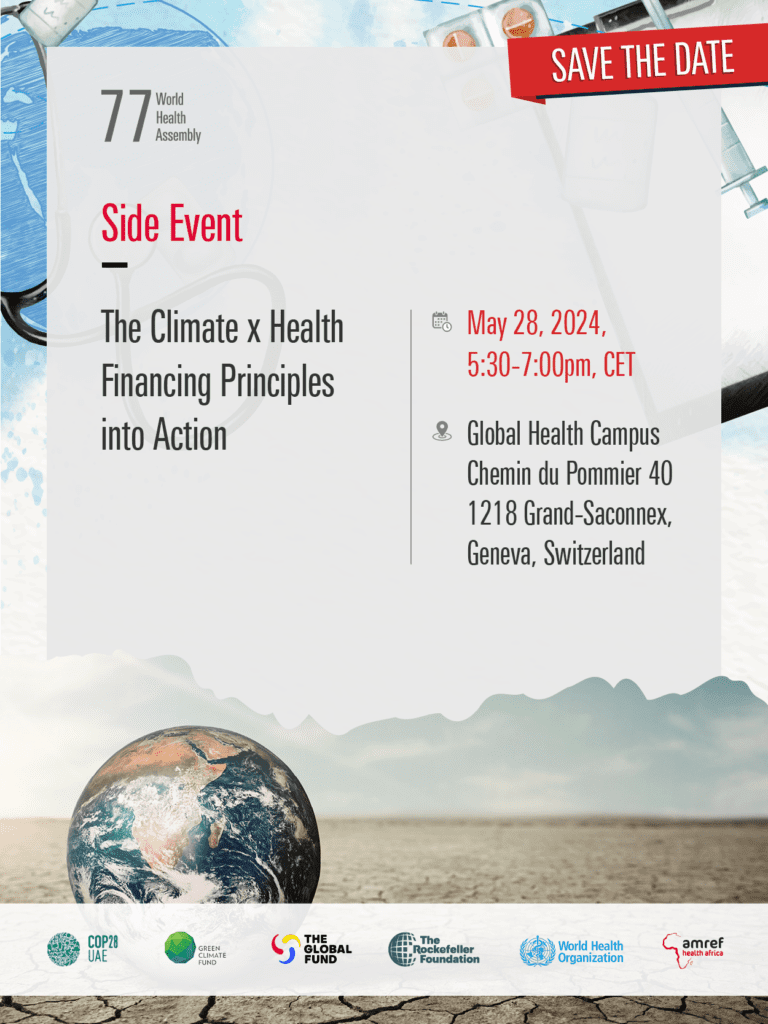
Closed Session
Fully Booked
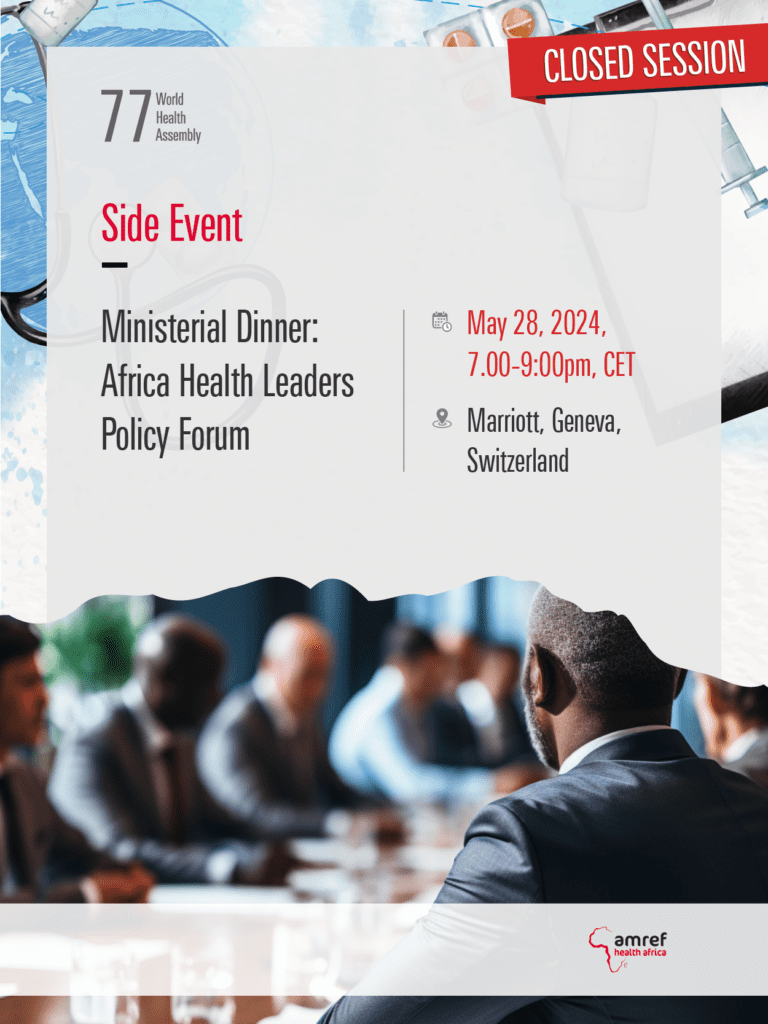
At the 77th World Health Assembly, Amref Health Africa hosts Ministers of Health from across Africa to address the evolving challenges of navigating the complex landscape of global health. Stemming from the groundbreaking initiative at the 2023 Africa Health Agenda International Conference, the African Health Leadership Policy Forum (AHLPF) has emerged as a beacon of collaboration and shared expertise and experience among the ministers. Rooted in the ethos of ubuntu, this forum fosters a sense of community among leaders, providing a platform for self-directed peer learning and invaluable exchange of lived experiences.
Against the backdrop of the COVID-19 pandemic, the AHLPF's mandate expanded to encompass critical discussions on the Ministerial Masterclass handbook, joint lessons in community health systems, and the forthcoming Pandemic Treaty and Global Health Security, setting the stage for strategic collaboration and impactful decision-making.
With an agenda brimming with urgency and relevance, the AHLPF delegates converge to review key proposals, share insights on informal gatherings for senior policymakers, and strategize for upcoming regional committee meetings. As leaders chart a course through uncharted waters, the AHLPF serves as a catalyst for innovative solutions and collective action, ensuring that decisions made at the highest levels are grounded in evidence, informed by experience, and poised to shape the future of global health. In this dynamic exchange of ideas and collaboration, the AHLPF reaffirms its commitment to advancing health equity, strengthening health systems, and forging resilient communities across the African continent and beyond.
Closed Session
Open for Registration
Day Three
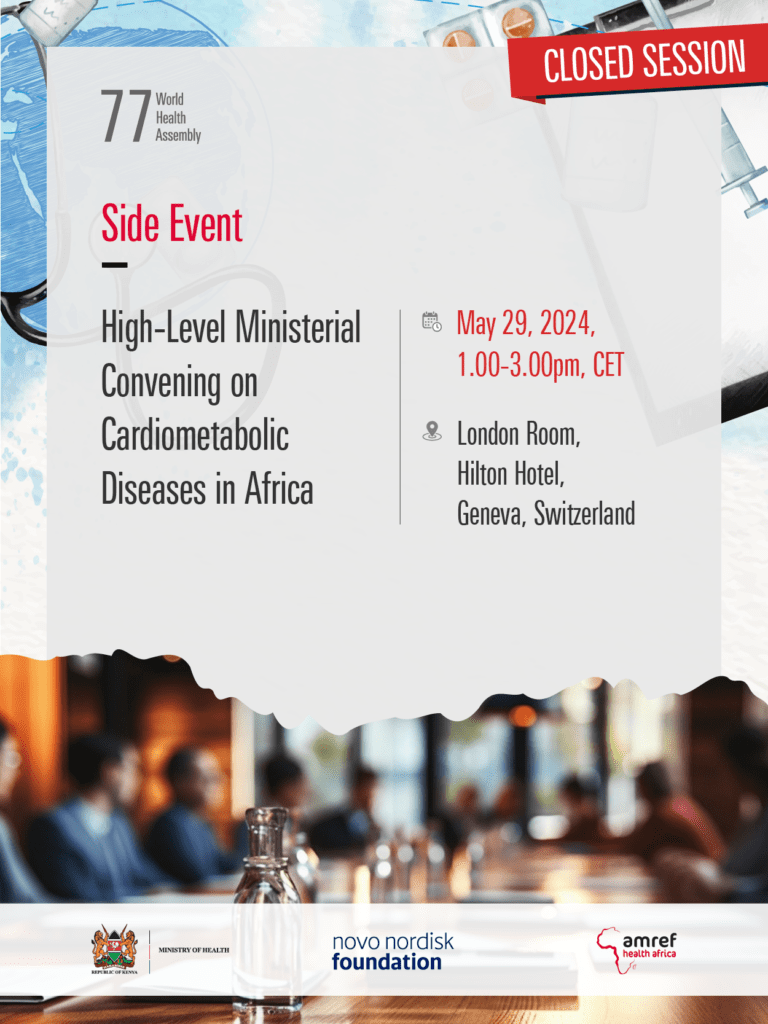
Invites Only
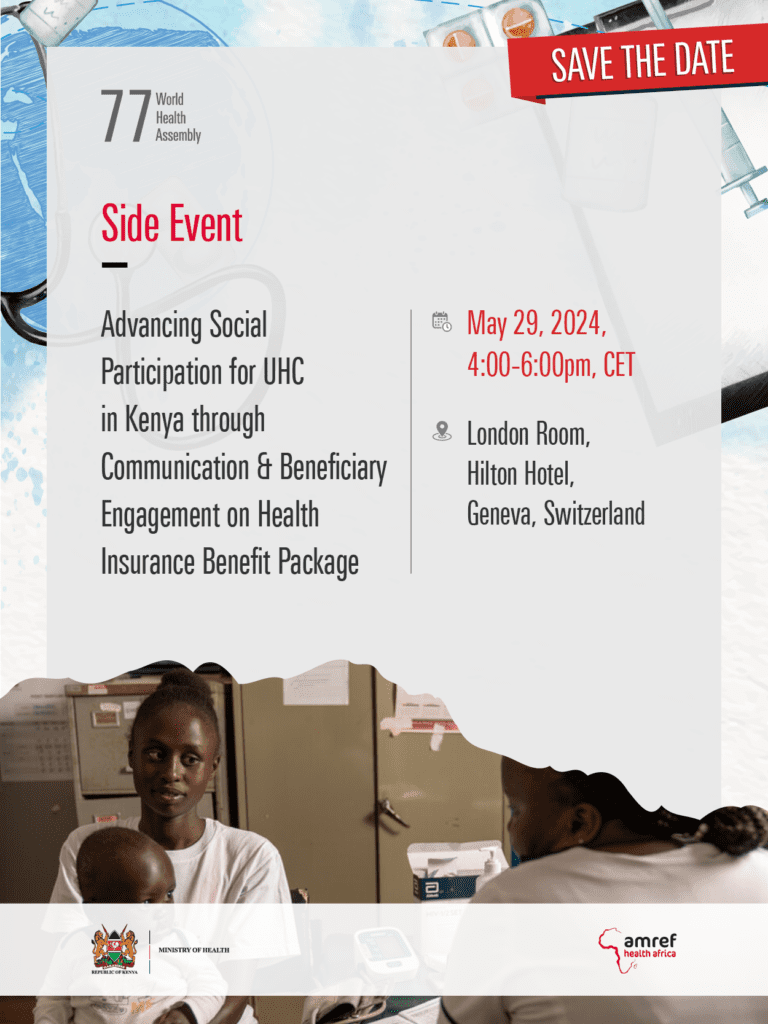
Open for Registration
Day Four
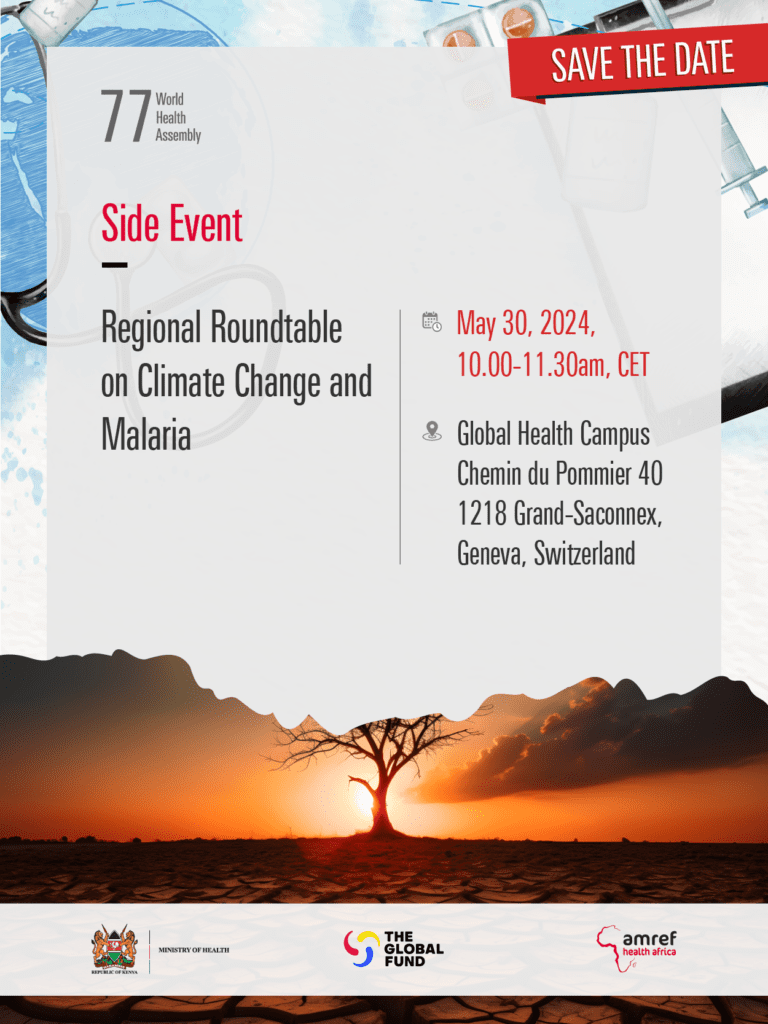
Open for Registration
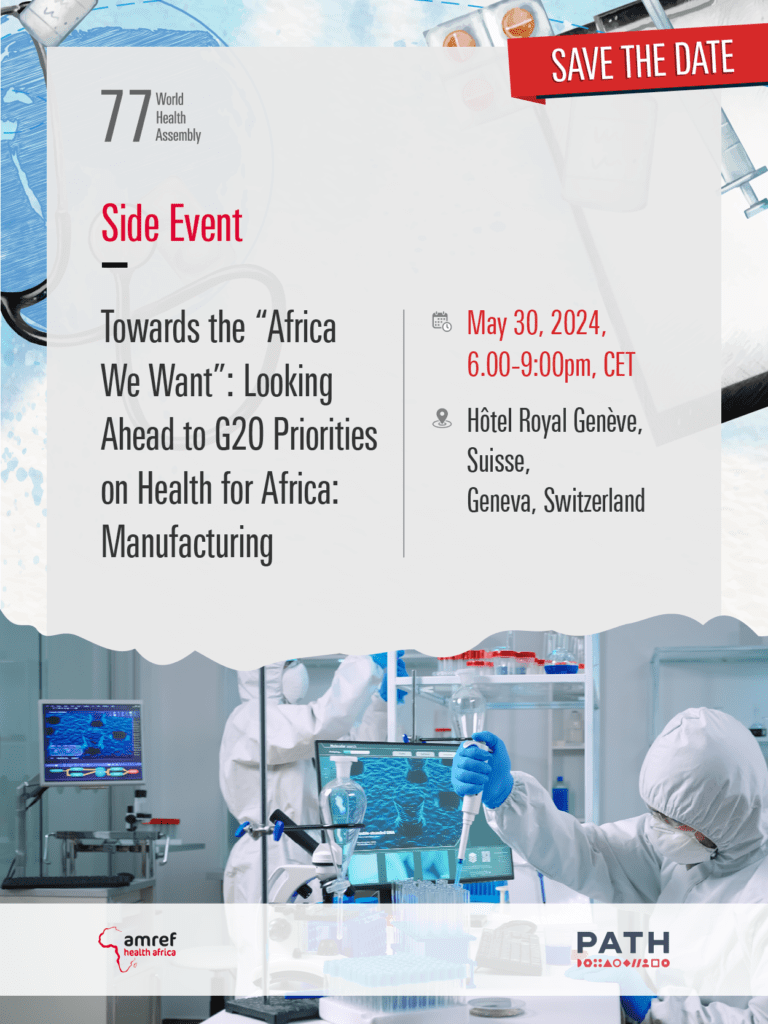
Open for Registration
Our Speakers

Dr Sania Nishtar
CEO Gavi, the Vaccine Alliance
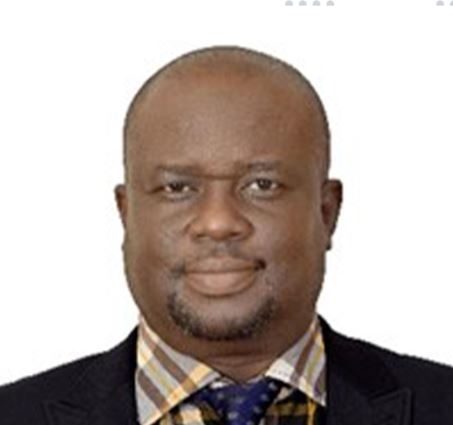
Dr. Abdulaziz Mohammed
Head of Division, Disease Control and Prevention, Africa CDC

Dr. Jean Kagubare
Health Financing and Systems Strengthening Lead, Gates Foundation
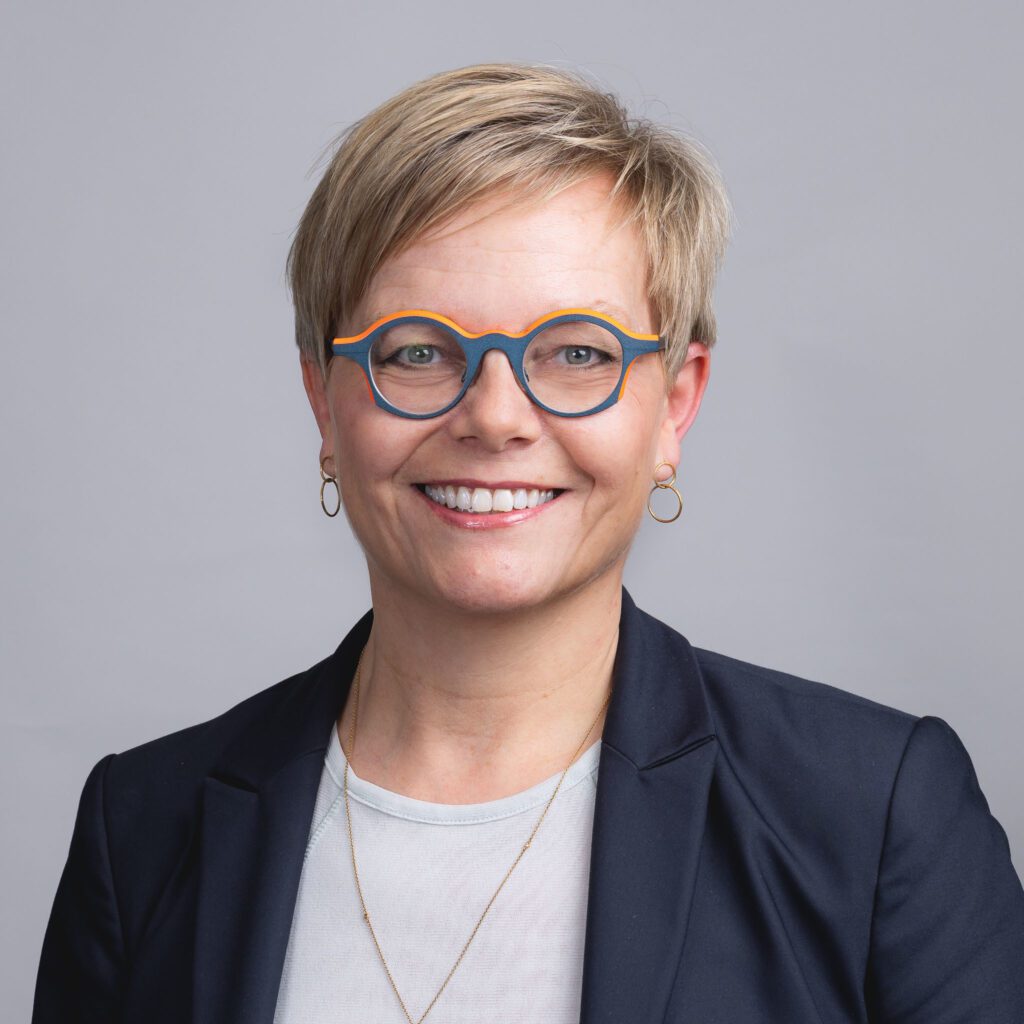
Sanne Frost Helt
Senior Director Policy, Programme and Partnerships World Diabetes Foundation
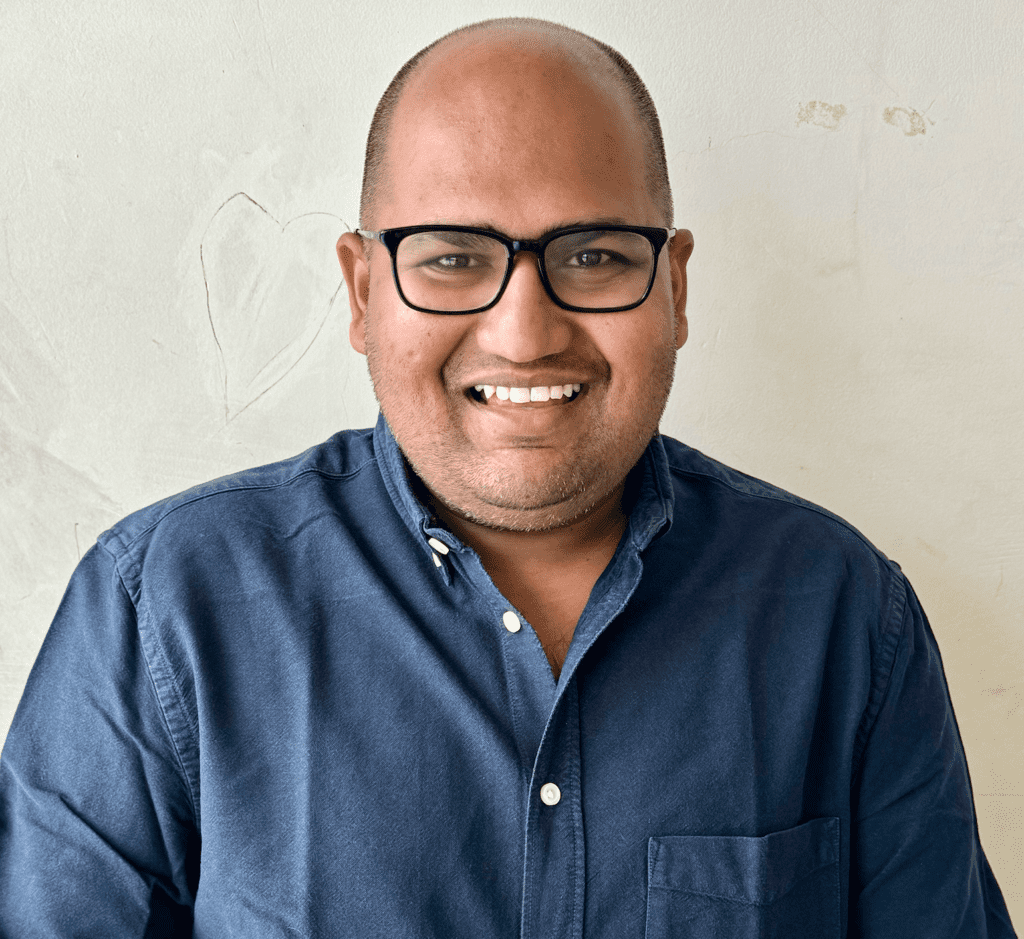
Dr. Rahul Reddy
Executive Director, Joint Learning Network for Universal Health Coverage (JLN), Amref Health Africa

Dr. Rahul Reddy
Executive Director, Joint Learning Network for Universal Health Coverage (JLN), Amref Health Africa
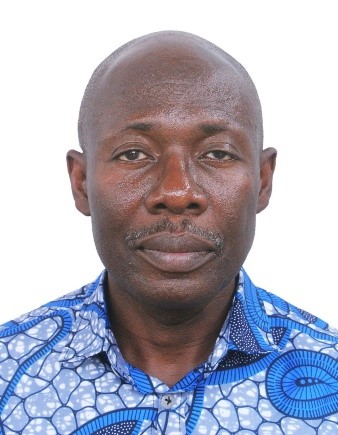
Anthony Ofosu
Public Health Physician, Ghana

Eyong Ebai
Executive Director & General Manager, SSA
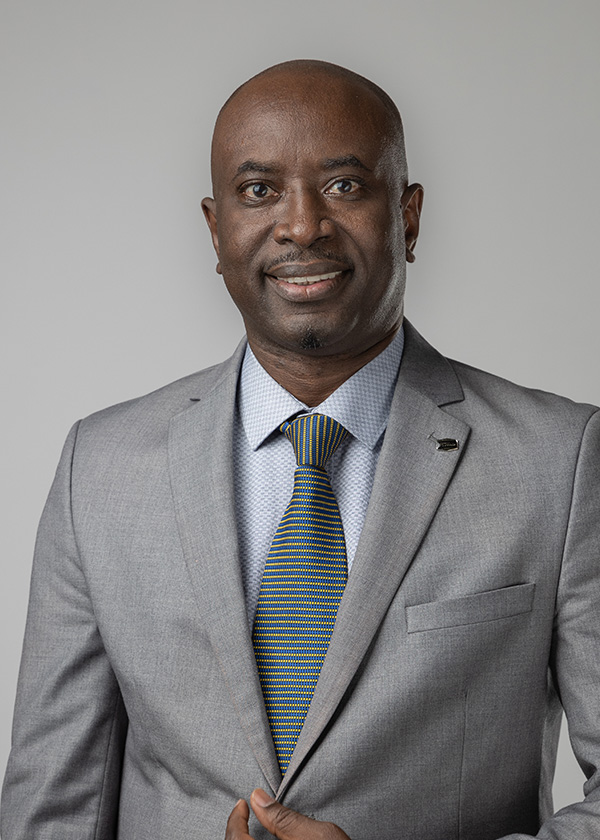
Dr Abdou Salam Gueye
Regional Emergencies Director, WHO Regional Office for Africa
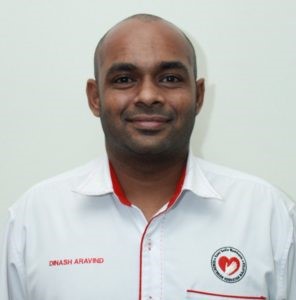
Dinash Aravind
Senior Principal Assistant Director, National Health Financing, Planning Division; Ministry of Health, Malaysia

Dinash Aravind
Senior Principal Assistant Director, National Health Financing, Planning Division; Ministry of Health, Malaysia
Meet the Amref Team at WHA77
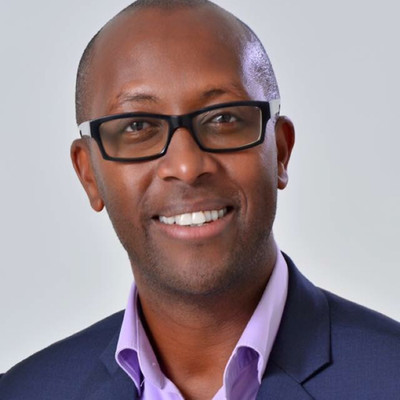
Dr. Githinji Gitahi
Group CEO, Amref Health Africa.

Dr. Githinji Gitahi
Group CEO, Amref Health Africa.
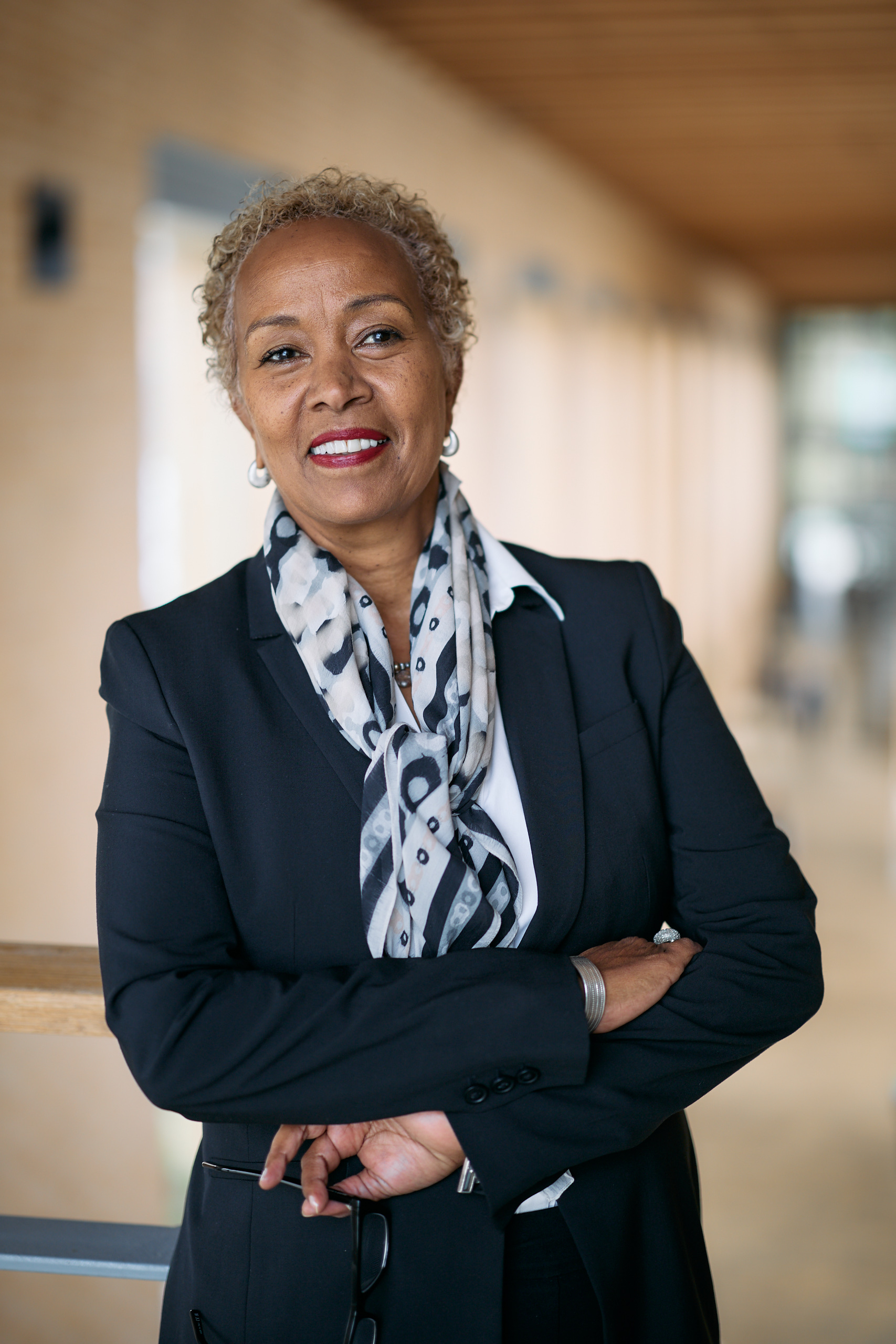
Desta Lakew
Group Director of Partnerships and External Affairs - Amref Health Africa

Desta Lakew
Group Director of Partnerships and External Affairs - Amref Health Africa
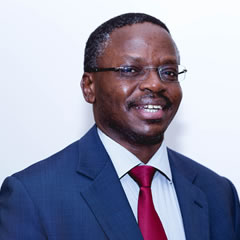
Dr. Meshack Ndirangu Wanjuki
Country Director for Amref Health Africa in Kenya.

Dr. Meshack Ndirangu Wanjuki
Country Director for Amref Health Africa in Kenya.
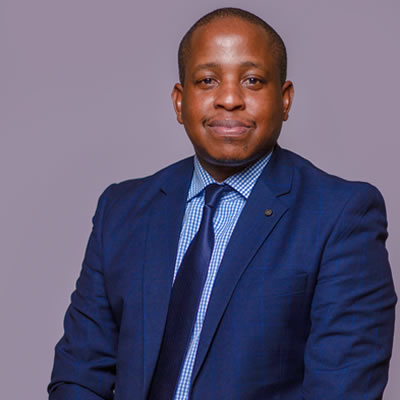
Dr Patrick Kagurusi
Country Manager, Amref Health Africa in Uganda

Dr Patrick Kagurusi
Country Manager, Amref Health Africa in Uganda
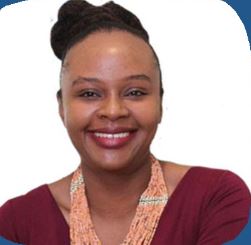
Dr Mercy Mwangangi
Director – Health Systems Strengthening, Amref Health Africa

Dr Mercy Mwangangi
Director – Health Systems Strengthening, Amref Health Africa

Maggie Rarieya
Global Partnership Director at Amref Health Africa

Maggie Rarieya
Global Partnership Director at Amref Health Africa
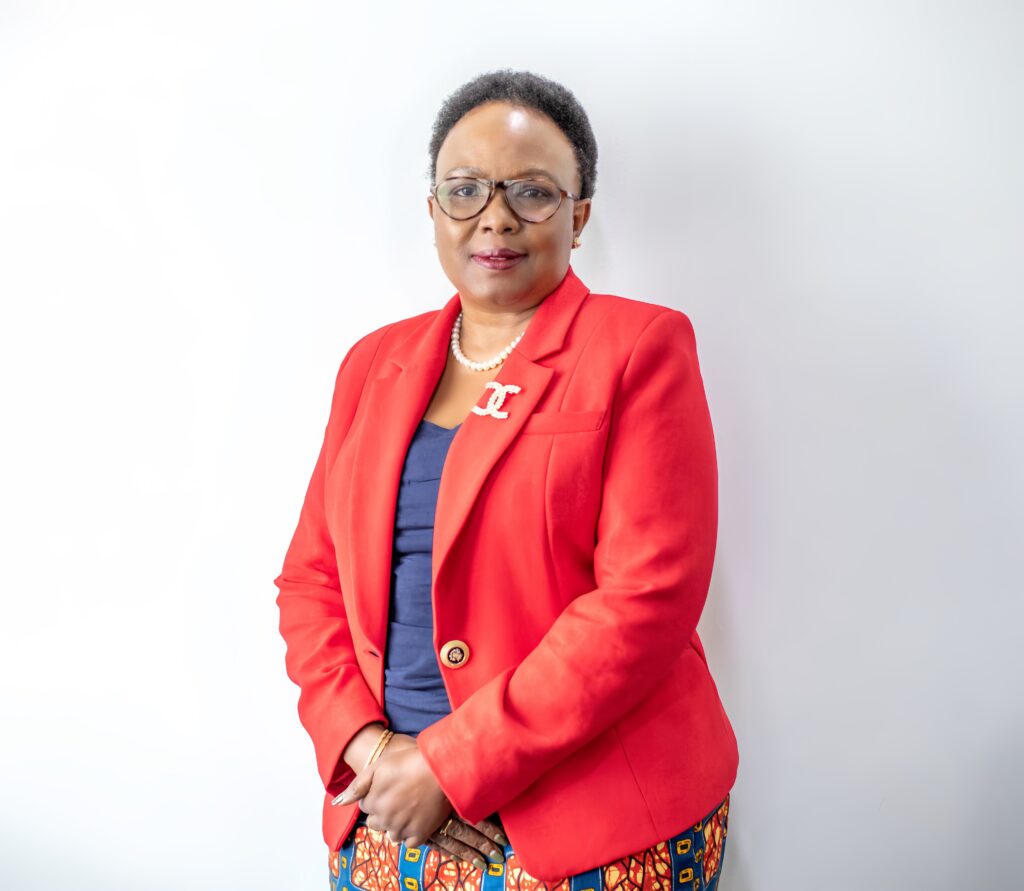
Dr Aisa Muya
Director of Programs, Amref Health Africa Tanzania

Dr Aisa Muya
Director of Programs, Amref Health Africa Tanzania
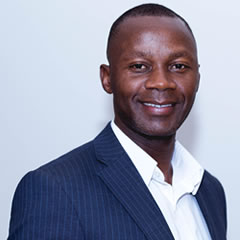
Dr George Kimathi
Director – Institute of Capacity Development, Amref Health Africa

Dr George Kimathi
Director – Institute of Capacity Development, Amref Health Africa

Diana Mukami
Programme Operations Director, Amref Health Africa.

Diana Mukami
Programme Operations Director, Amref Health Africa.

Dr. Cynthia Waliaula
Policy Analyst - Amref Health Africa's UHC Delivery Lab

Dr. Cynthia Waliaula
Policy Analyst - Amref Health Africa's UHC Delivery Lab

Nanneke Nix
Manager Future Programs Team – Amref Health Africa in the Netherlands

Nanneke Nix
Manager Future Programs Team – Amref Health Africa in the Netherlands

Dr Catherine Kanari
Universal Health Coverage and Programs Lead – Amref Health Africa

Dr Catherine Kanari
Universal Health Coverage and Programs Lead – Amref Health Africa

Corazon Aquino
Partnerships Manager - Amref Health Africa.

Corazon Aquino
Partnerships Manager - Amref Health Africa.
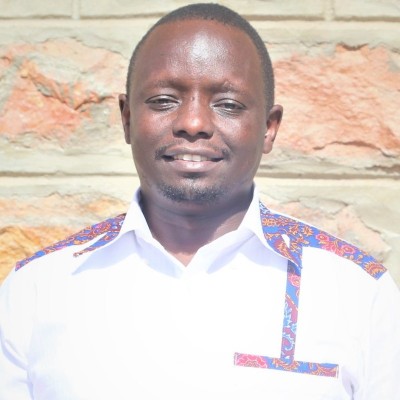
Isaac Ntwiga
Health Workforce Ecosystem Director, Amref Health Africa.

Isaac Ntwiga
Health Workforce Ecosystem Director, Amref Health Africa.

Rovinnah Maureen – Mutwiri
Strategic Partnerships Manager – Amref Health Africa

Rovinnah Maureen – Mutwiri
Strategic Partnerships Manager – Amref Health Africa
